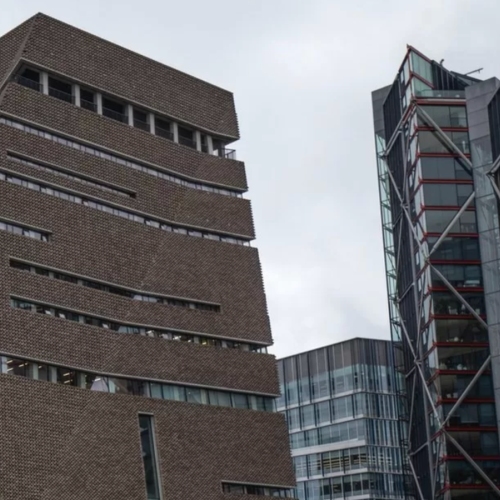These restrictions provide further, no doubt welcome, relief for struggling business, but many landlords are now facing a year without any rental income and no sign of an end. This is not the first such extension and it will not be the last.
This is a ticking timebomb and at some point during 2021 the government is going to have to release these restrictions. Unless a scheme to gradually decompress the national rent debt is devised and implemented, this will lead to a tsunami of evictions and insolvencies beyond anything in history. Whilst business tenants will be protected from eviction, for now, rent arrears will continue to increase to unprecedented levels. While the government has stated that tenants should pay any rent they can, and have introduced a Code of Practice, this is rarely followed and often abused.
Jenrick has also announced a review of “outdated commercial landlord and tenant legislation” No indication has been given as to which particular legal principles the government has set its sights on. However, it would not surprise me if they consider banning peaceable re-entry, requiring landlords to apply for a court order to evict (as in the case of residential property) and if they consider banning upward rent reviews and imposing turnover rent in certain circumstances. However, all of these changes would be highly prejudicial to landlords and would have adverse economic consequences for both landlords and property investments made by pension funds, in which we all have a vested interest. This is an indication though that the government intends to create a new more tenant friendly framework to kick in when the rolling restrictions are finally released.
Reviewing and consulting interested parties and changing decades of landlord and tenant legislation by end of March however is completely unrealistic. We will probably be looking at late 2021.
An alternative approach which could be implemented much more quickly and without further prejudicing property owners and investors would be a Danish-style furlough scheme, under which, tenants in the most vulnerable sectors, could be granted a temporary rent reduction and the reduced rent is part paid by the tenant and part paid by the government.




